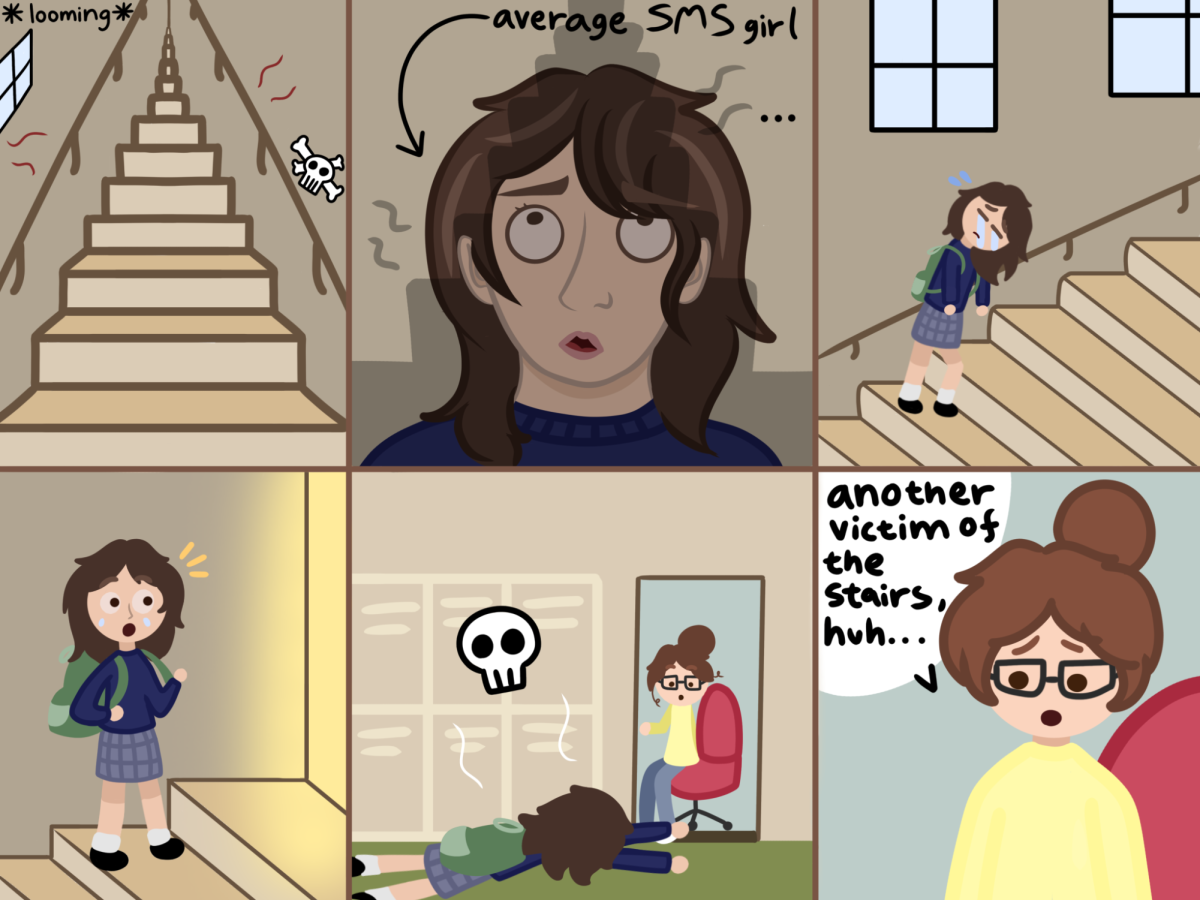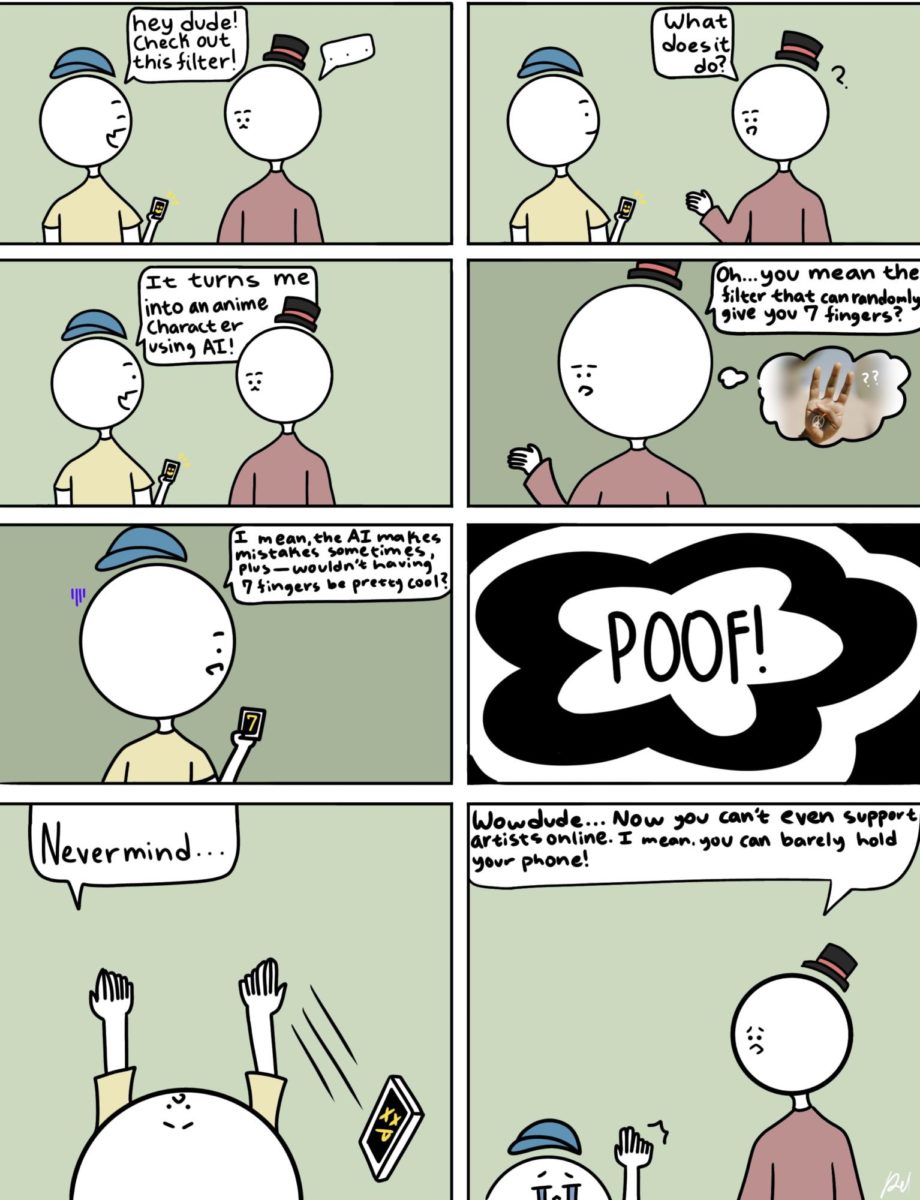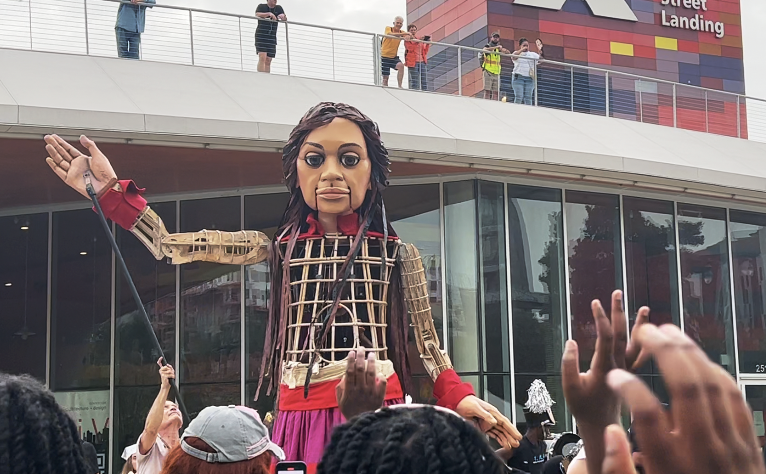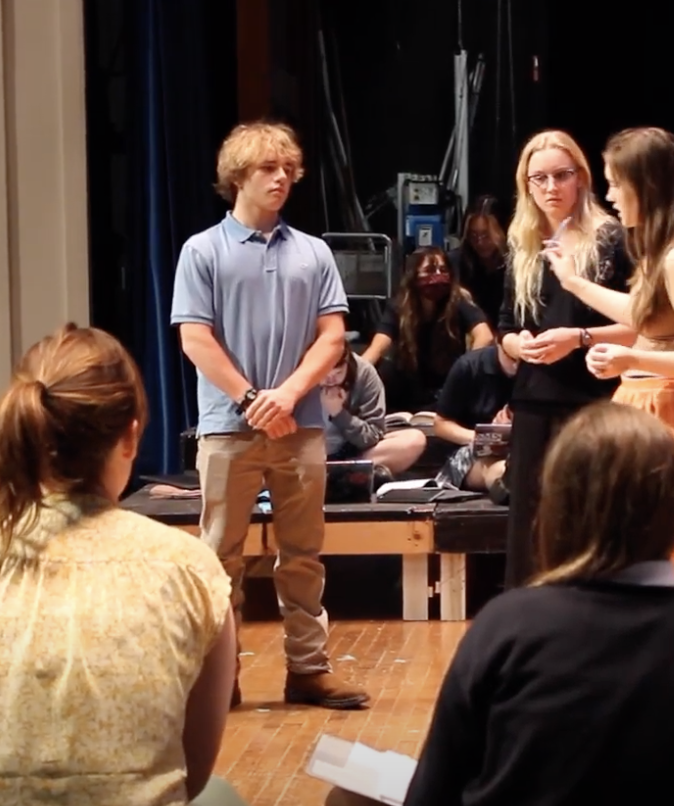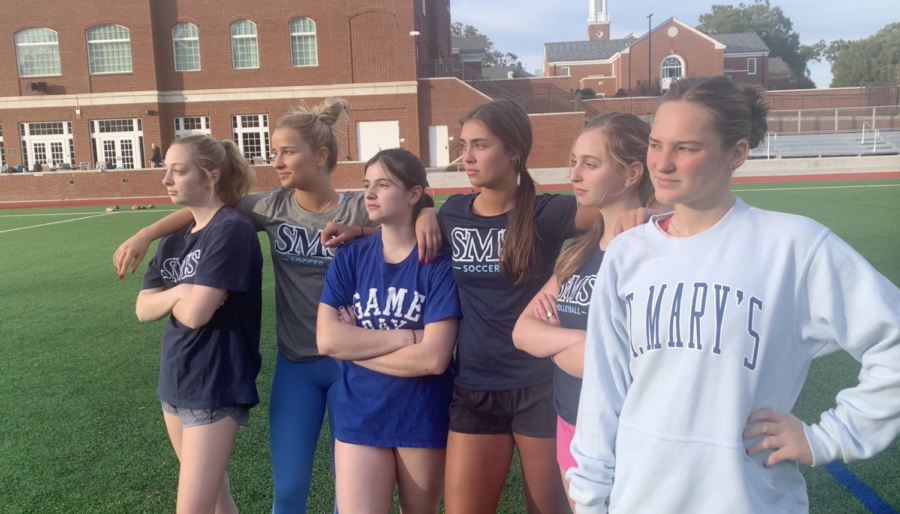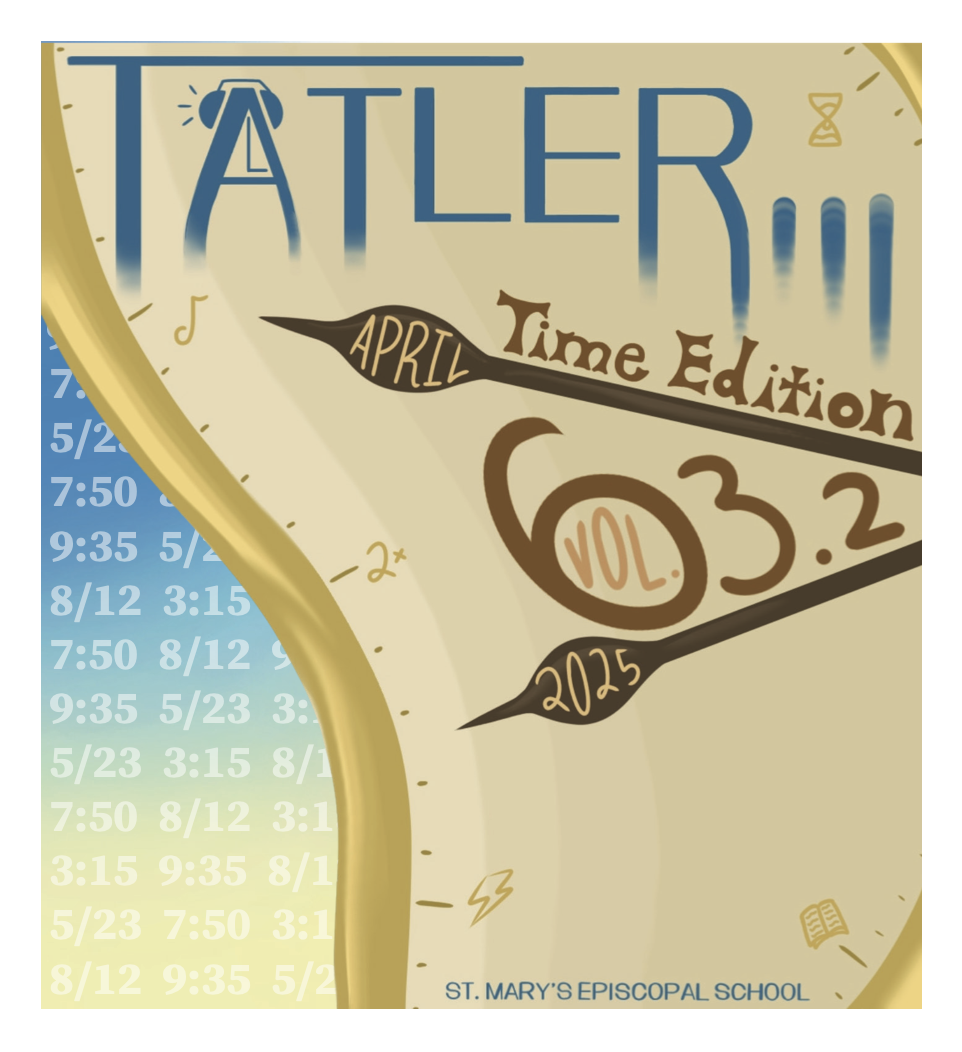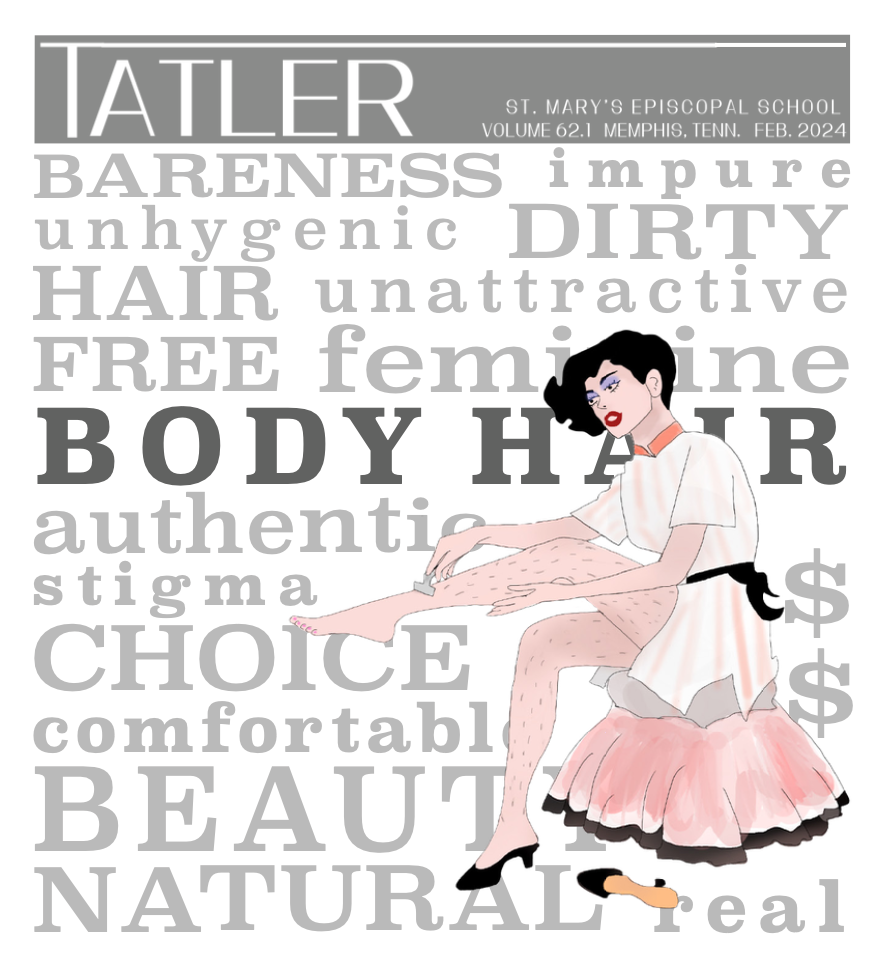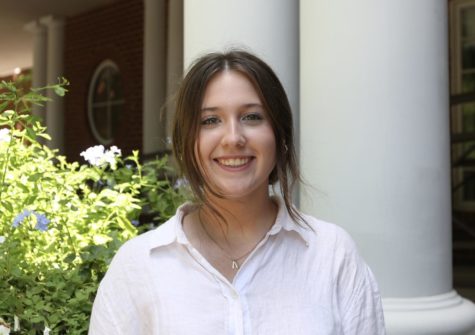Home of the Blues, Land of the Brave
Recent violence has students asking, “Should we choose 901?”
On Nov. 17, 2022, Forbes ranked Memphis as sixth for most dangerous cities in the United States.
November 28, 2022
This September, Memphis was rocked by a series of violent crimes. Just a few short days after the kidnapping and murder of St. Mary’s Lower School teacher Eliza Fletcher, a man went on a shooting spree across the city that ended four lives.
Chloie Madden (11) was driving home from church during the shooting.
“I saw what was like a normal accident, and there was a man running in the street,” Madden said. “I just turned onto a different street to avoid it, and then I got back on Poplar … and I was driving down, and there were, no joke, 50 police cars.”
She later realized that they were in pursuit of the active shooter.
Madden, who lives in the area where the shooting took place, said the incident brought home the issue of crime in Memphis.
“Everything happened way too close for comfort,” she said. “I have always known that it is a dangerous city, but now I think it can happen to anybody. It has made me more aware of my surroundings.”
The recent violence in Memphis is making students question whether returning to their hometown is the best option. When considering where to live after college, students look at the level of safety in the area. For many, Memphis will permanently be known as home, but crime remains a problem, so some may choose to turn their backs to the city.
For Sara Ottinger (12), it is difficult to feel safe doing normal activities because crime feels so common.
“It’s really terrifying that the place I love so much is not even safe for me to go out and do things with my friends because I am constantly running the risk of being seriously hurt or even killed,” said Ottinger.
Some seniors like Ottinger are wondering whether or not they should return in the future because of the high crime rate.
Crime in Memphis has increased in recent years. Since 2006, gun violence rose by 8.3%, murder went up by 7.2%, and aggravated assault increased by 2.4% In 2021, Memphis experienced a record-breaking number of murders according to Memphiscrime.org.
For alumnae Hannah Chancellor (‘22), Memphis became less appealing when she went away and realized while living in Auburn, Ala., how dangerous Memphis is in comparison. At the same time, it is important to note that large cities like Memphis are generally more dangerous than smaller cities like Auburn.
“As I came [to Auburn], I realized after talking to so many people about where they came from and hearing about their experiences versus things that happened in Memphis, I realized how truly bad and abnormal [the crime] is,” Chancellor said.
Not everyone feels the same, however.
Memphis is known for its music and barbecue. Each year, tourists flock to downtown Memphis to experience all the “Home of the Blues” has to offer. Not only is it home to the Civil Rights Museum and Graceland, but also lots of small, hole-in-the-wall cafes and coffee shops.
Many native Memphians enjoyed growing up here and experiencing its beauty firsthand. Those with families that are rooted in Memphis feel especially connected.
Native Memphian and Assistant Head of School Hillary Robinson (‘90) moved back to Memphis after college.
“We were living in Jackson, [Miss.], and we had no family there, so we just wanted to be closer to family,” said Robinson. “At the time, we had three children under the age of five, and we wanted to be back home.”
Those who have family in Memphis have a stronger sense of community there, which can be an attractive force.
In addition to family, Memphis also has a strong and supportive public community united by its collective experiences. Madden was amazed by how many Memphians gathered during a citywide run honoring Eliza Fletcher.
“We have such a strong community even though all this has happened,” Madden said. “I went to the run for Eliza Fletcher, and so many people were there, people who did not even know her. It was amazing.”
Even some students who have experienced crime firsthand do not necessarily feel the need to leave. In her sophomore year, Grayson Finks (12) was attacked in front of the Planet Fitness in Midtown by a man experiencing homelessness, but despite what she says was a traumatic experience, she still loves Memphis.
“It has not [impacted my view of Memphis],” said Finks. “The only thing that happens is that I hold a key in my hand for protection when I walk to my car.”
For Camille McMullen, a judge on the Tennessee Court of Appeals Western Section, one of the city’s best qualities is the people living here.
“I believe that the people of Memphis historically have been strong, gritty,” she said, “and that sort of thing is what makes a community stronger and able to come together … [ordinary people’s] everyday lives have a ripple effect. Smile more. Support people. Be conscious of your everyday behavior.”
Along with the assistance of all Memphians, McMullen said that city officials can help.
“I think that it really is a policy issue, and to address crime, you really have to work at a comprehensive solution,” she said. “People have different talents and skills, and we need to promote not only college graduates but also those who have trade skills. They are equally as important.”
While awaiting a solution, Memphians are reflecting on recent crimes and how they will affect them.
“I’ve lived here my whole life, so it’s just my perception of how my home is. Even with the crime, this is Memphis, and that is okay,” Finks said. “I love Memphis despite the crime because it is my home.”
While citizens like Finks are confident that living in Memphis is worth living with crime, others like Ottinger are not so certain that the good outweighs the bad.
“Memphis is a beautiful place with all sorts of rich culture and wonderful people,” said Ottinger, “but it would be silly if I did not take it at face value that it is a very dangerous place. It is hard to love Memphis so much but also be so afraid of it.”


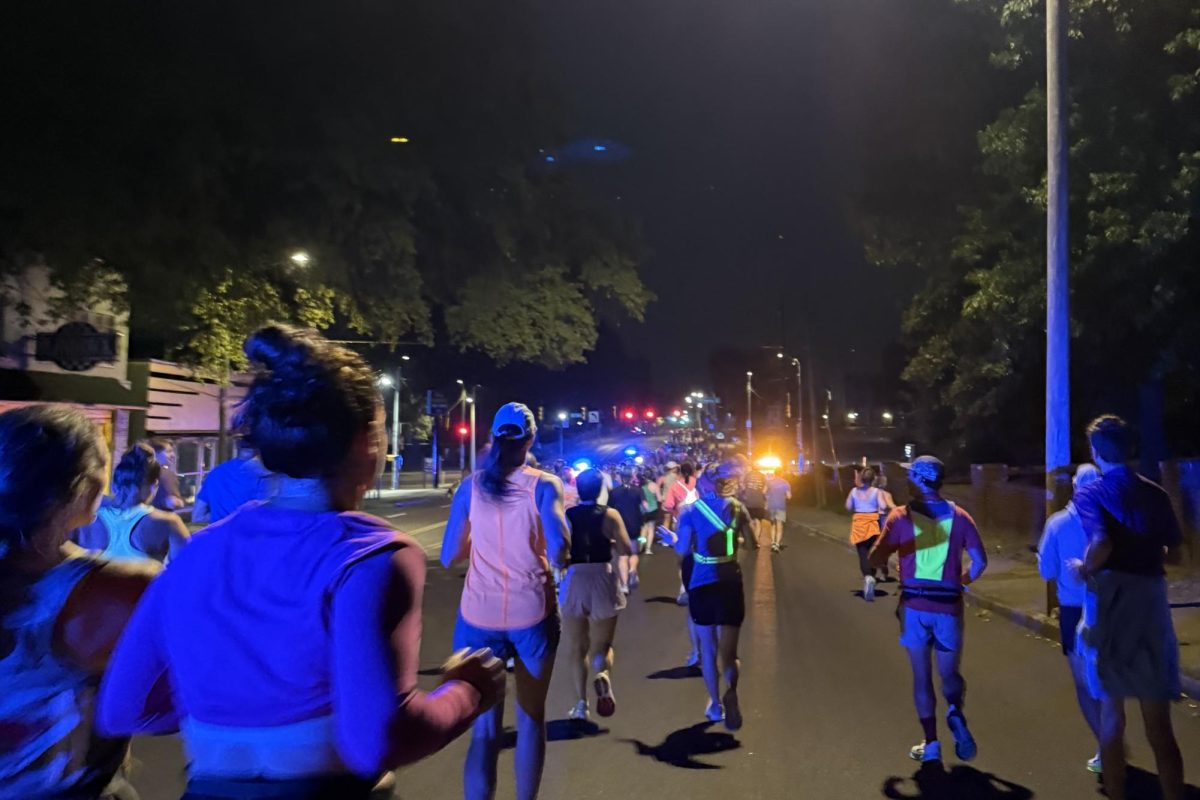

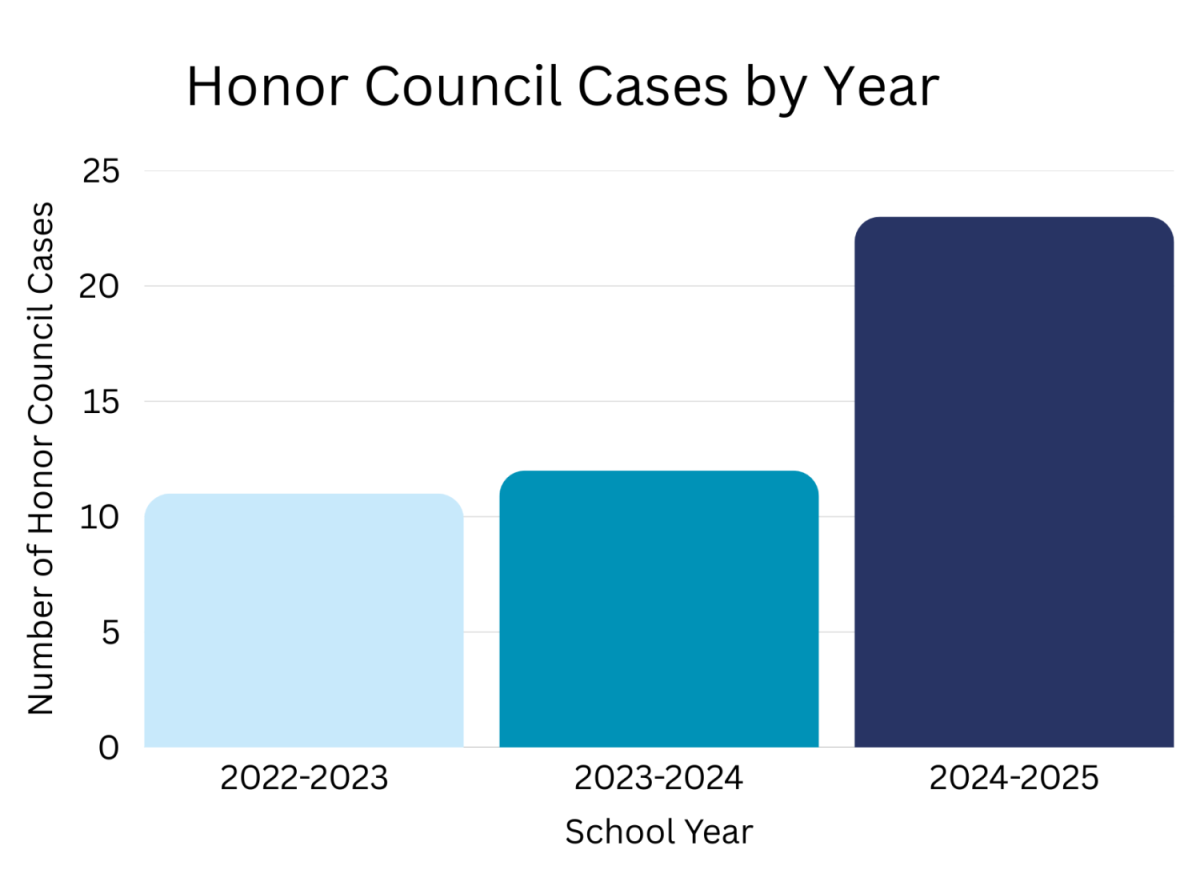



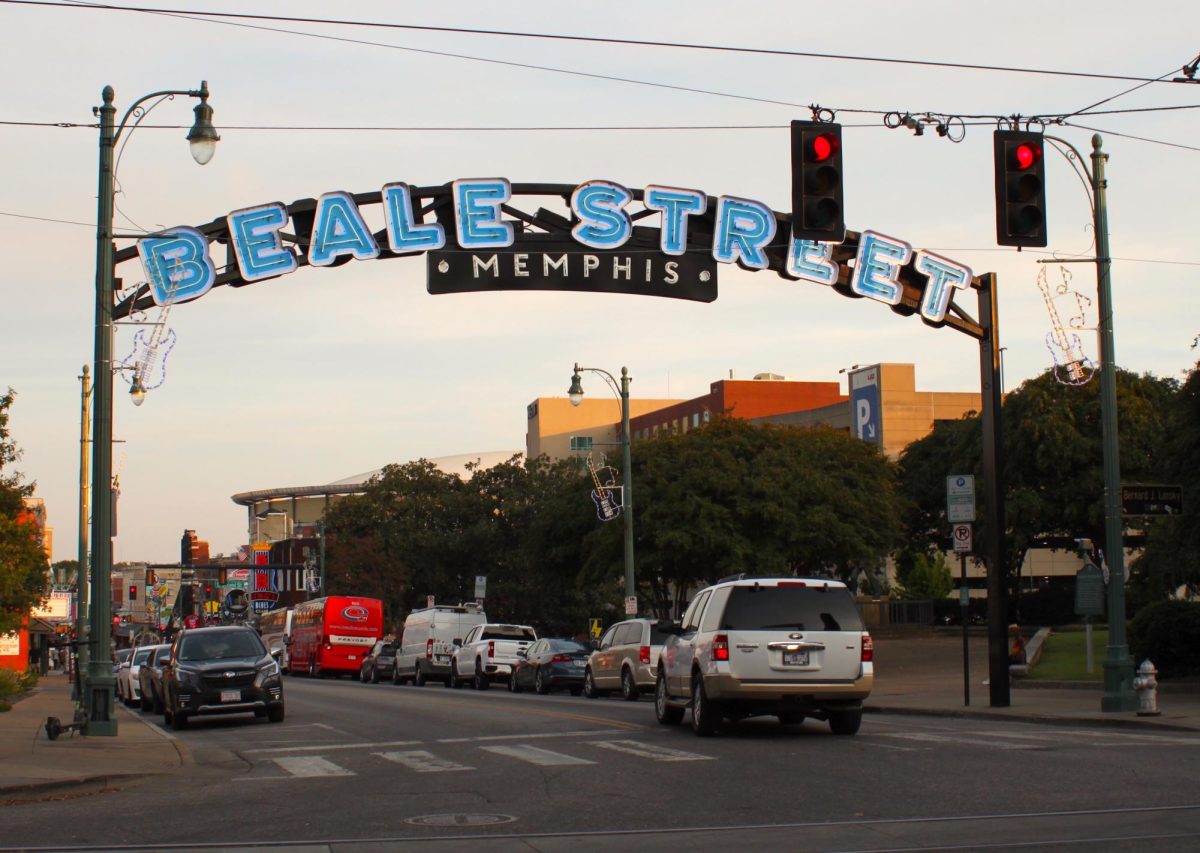
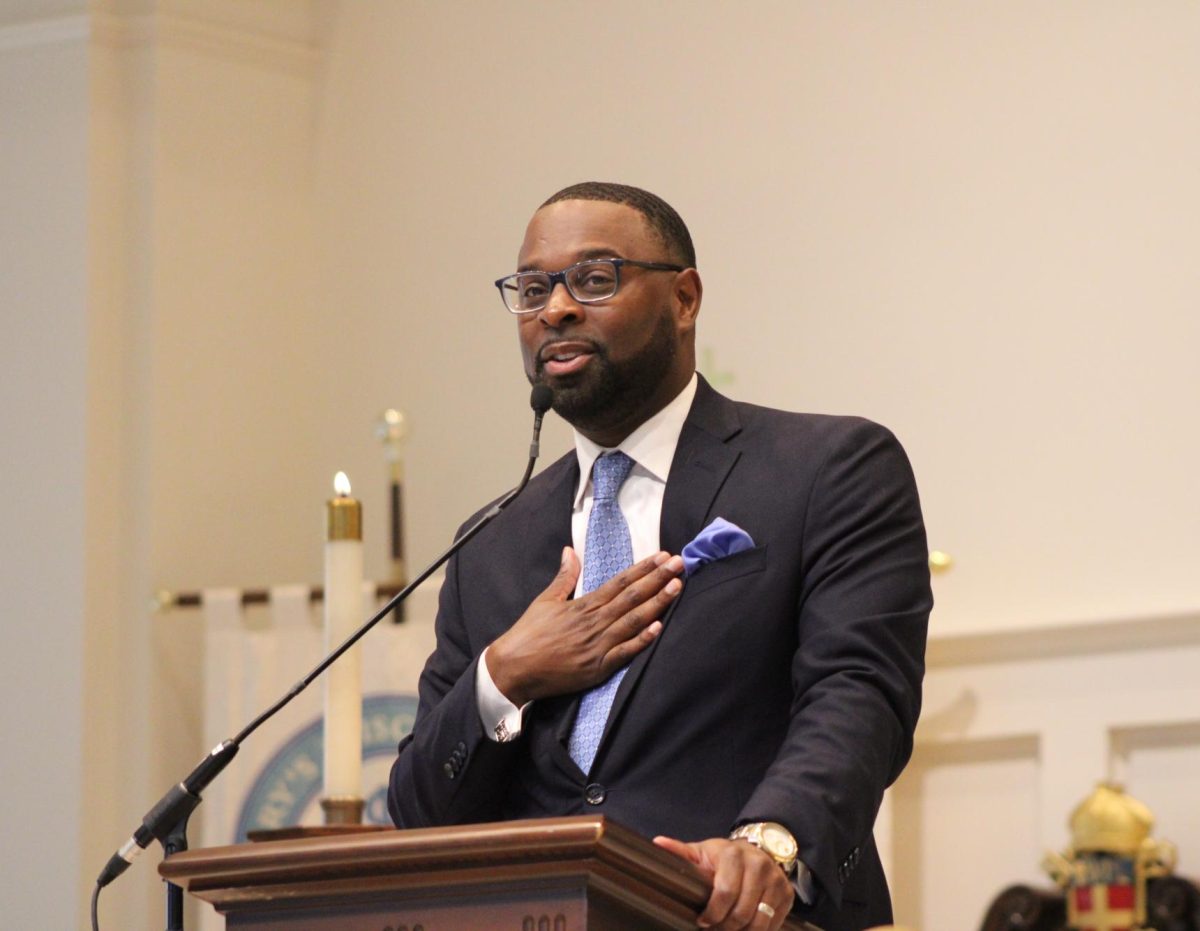
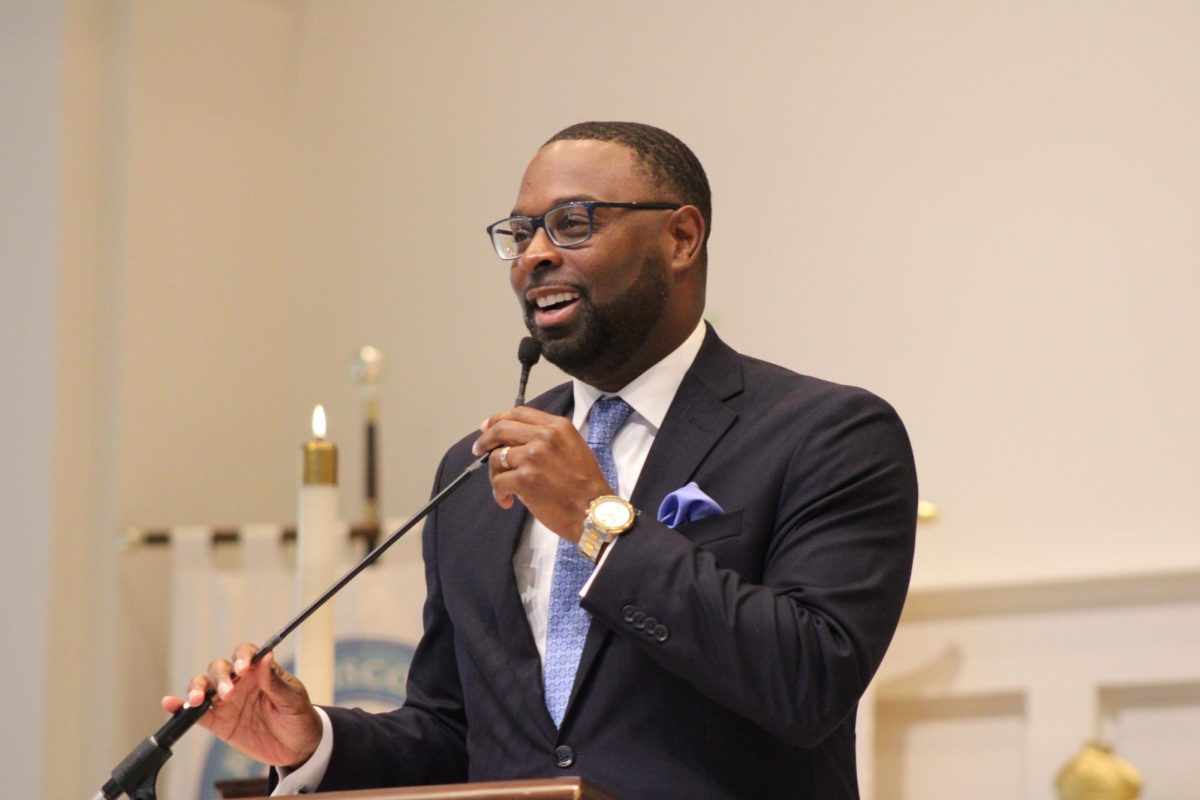




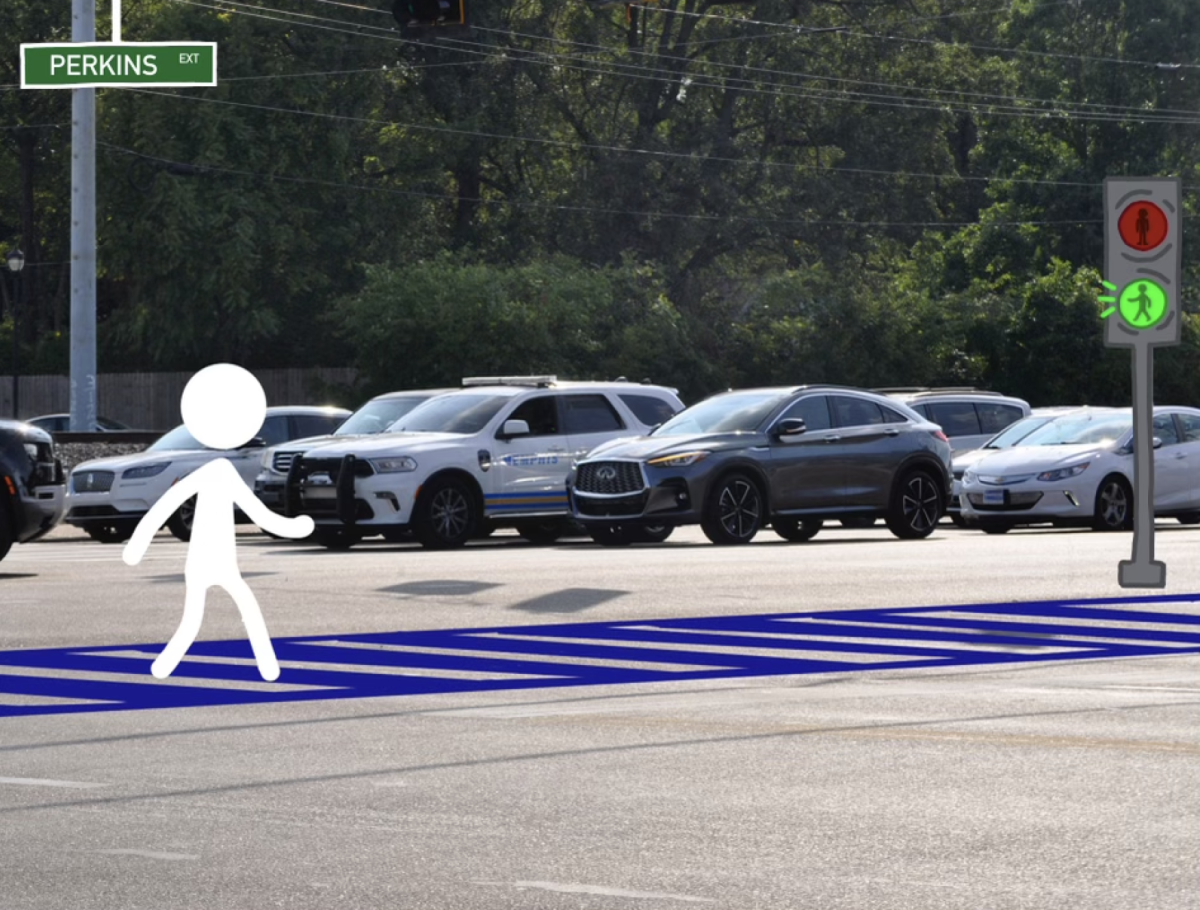
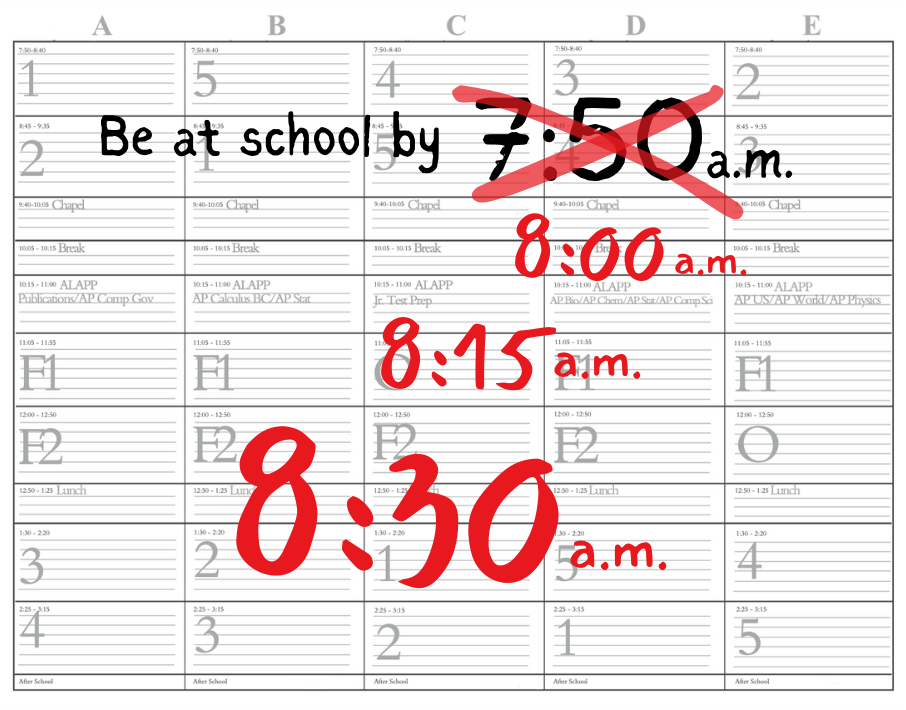

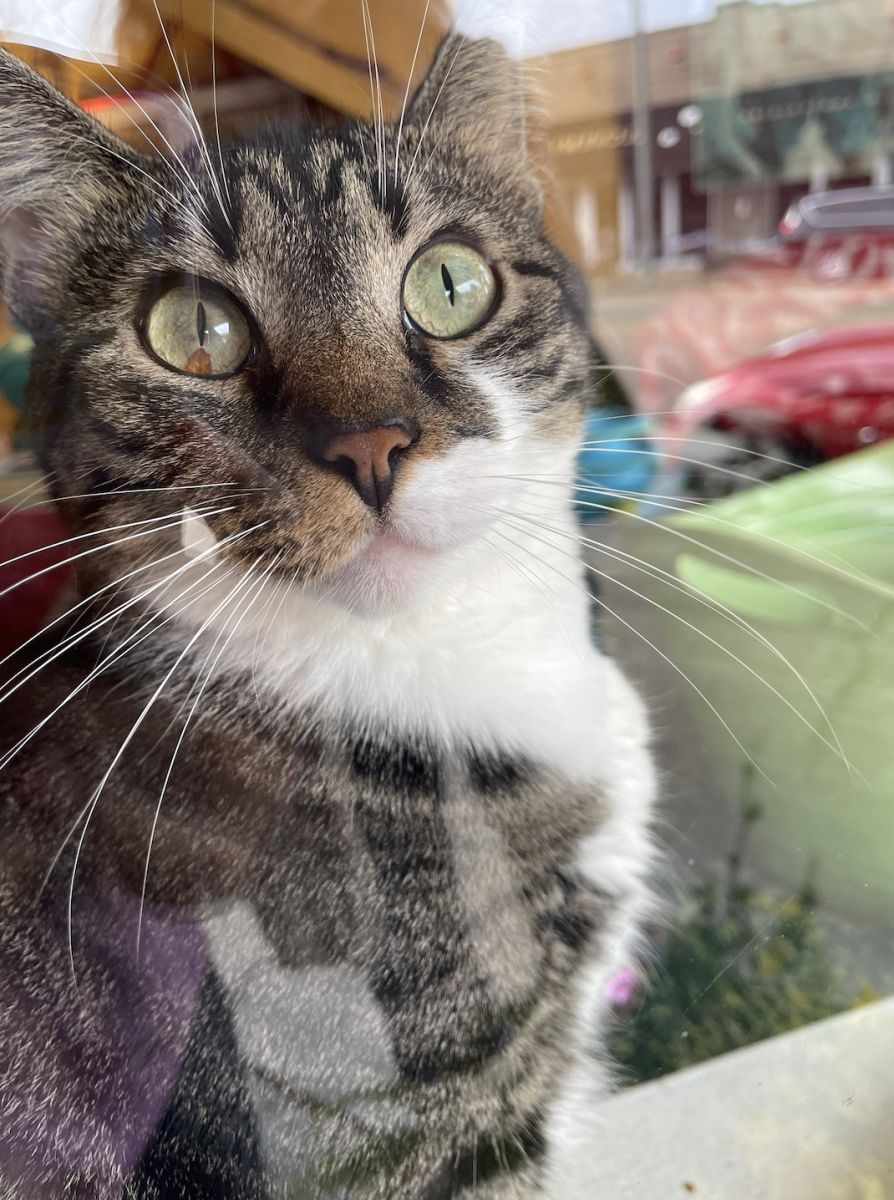

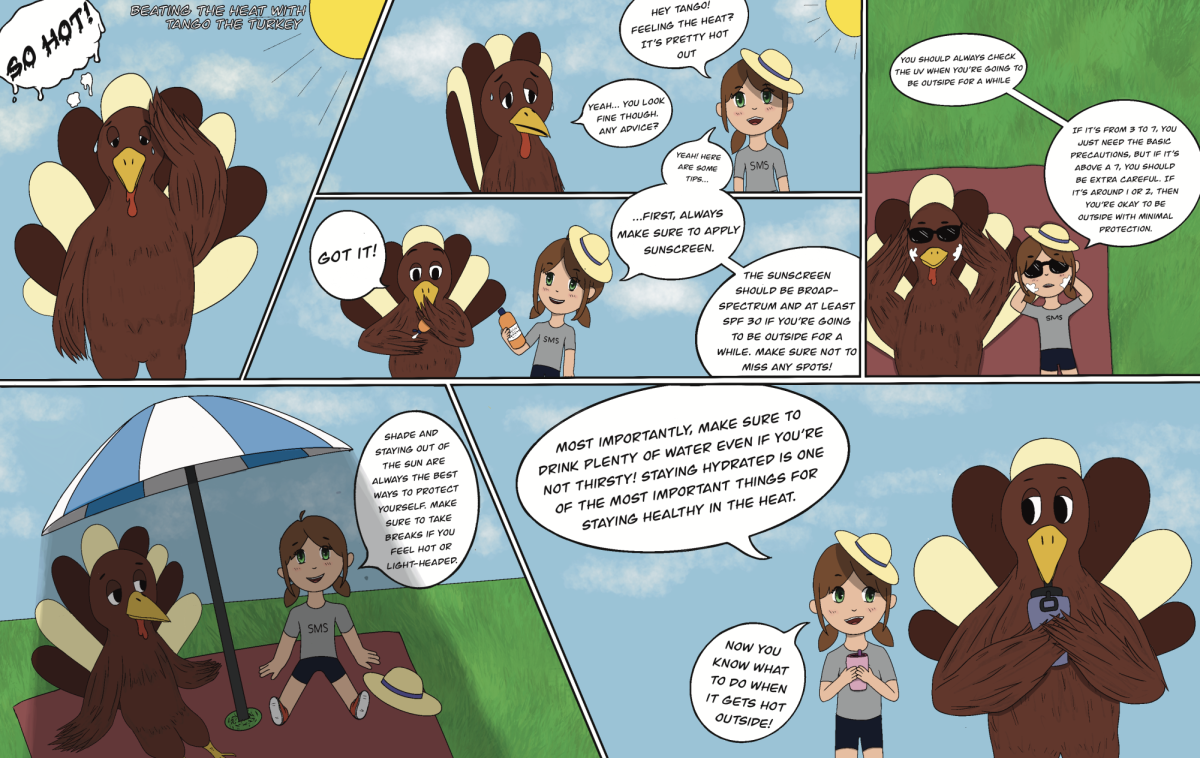


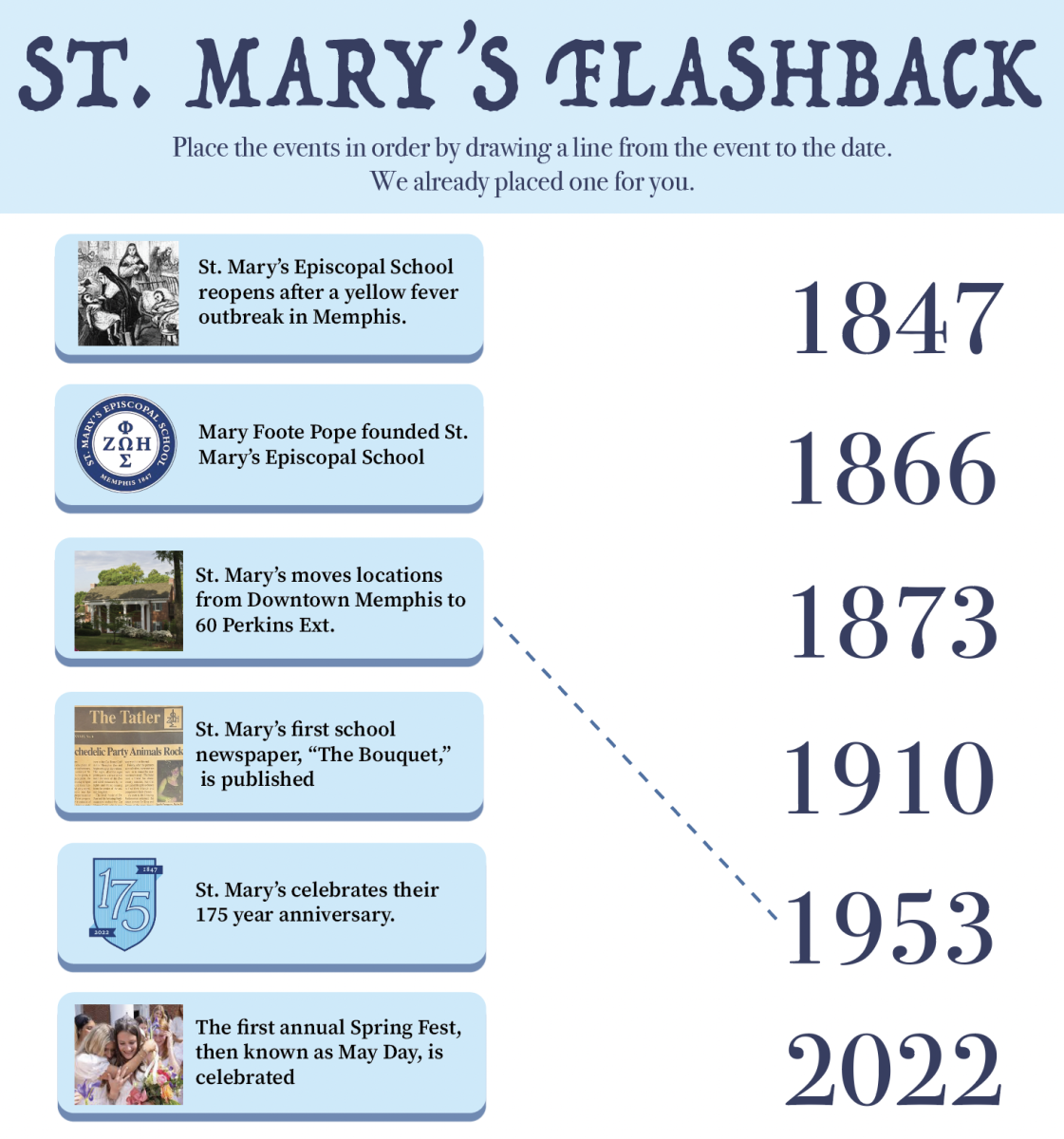



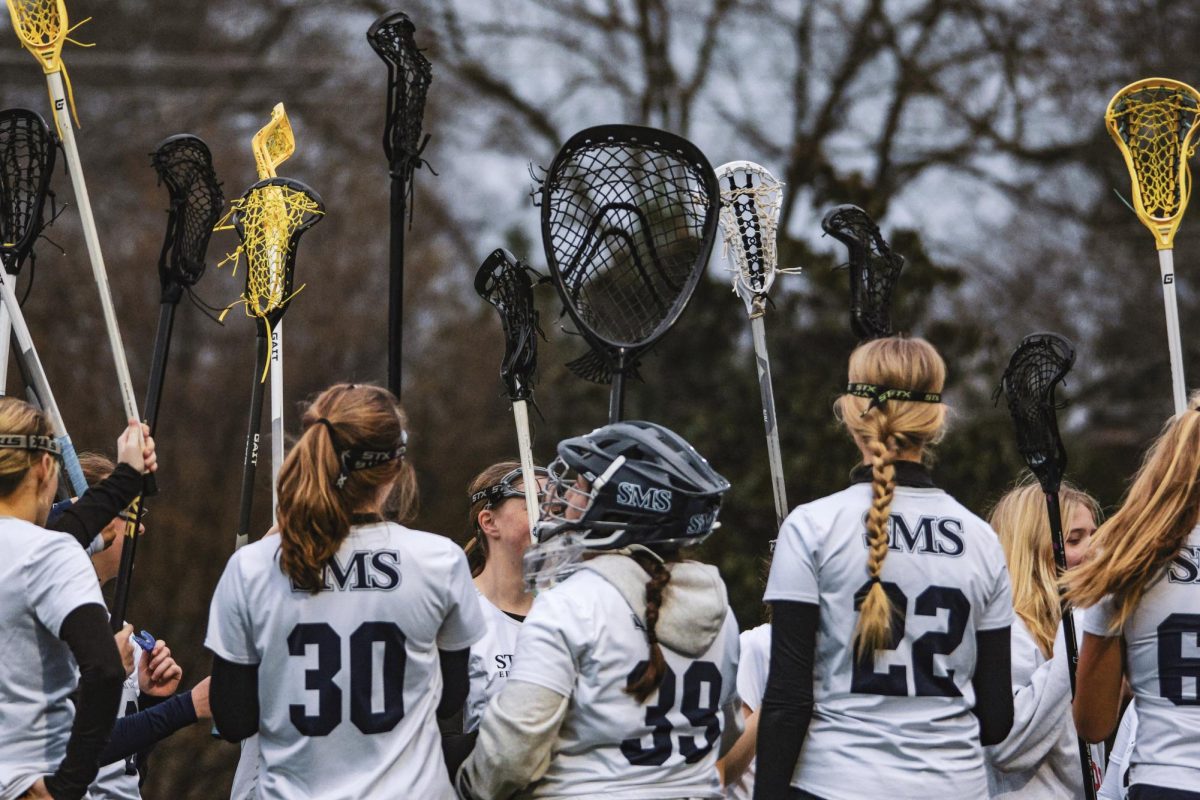
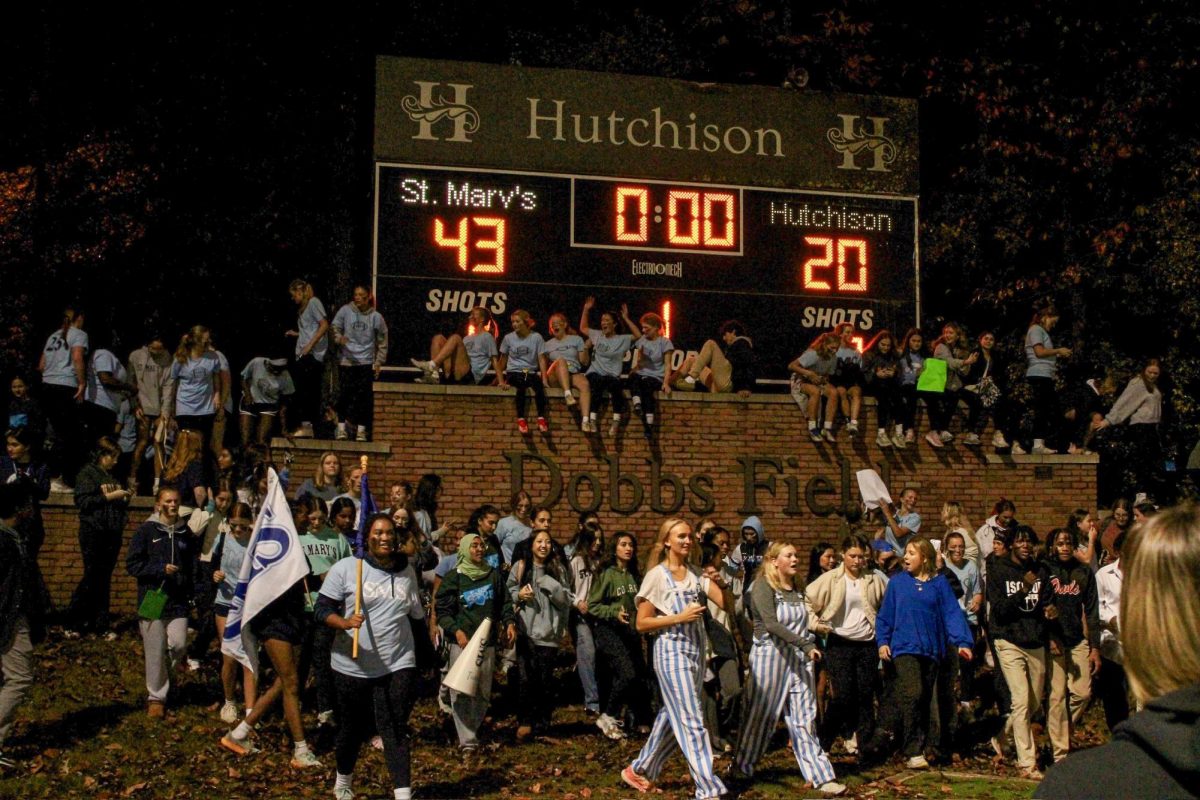
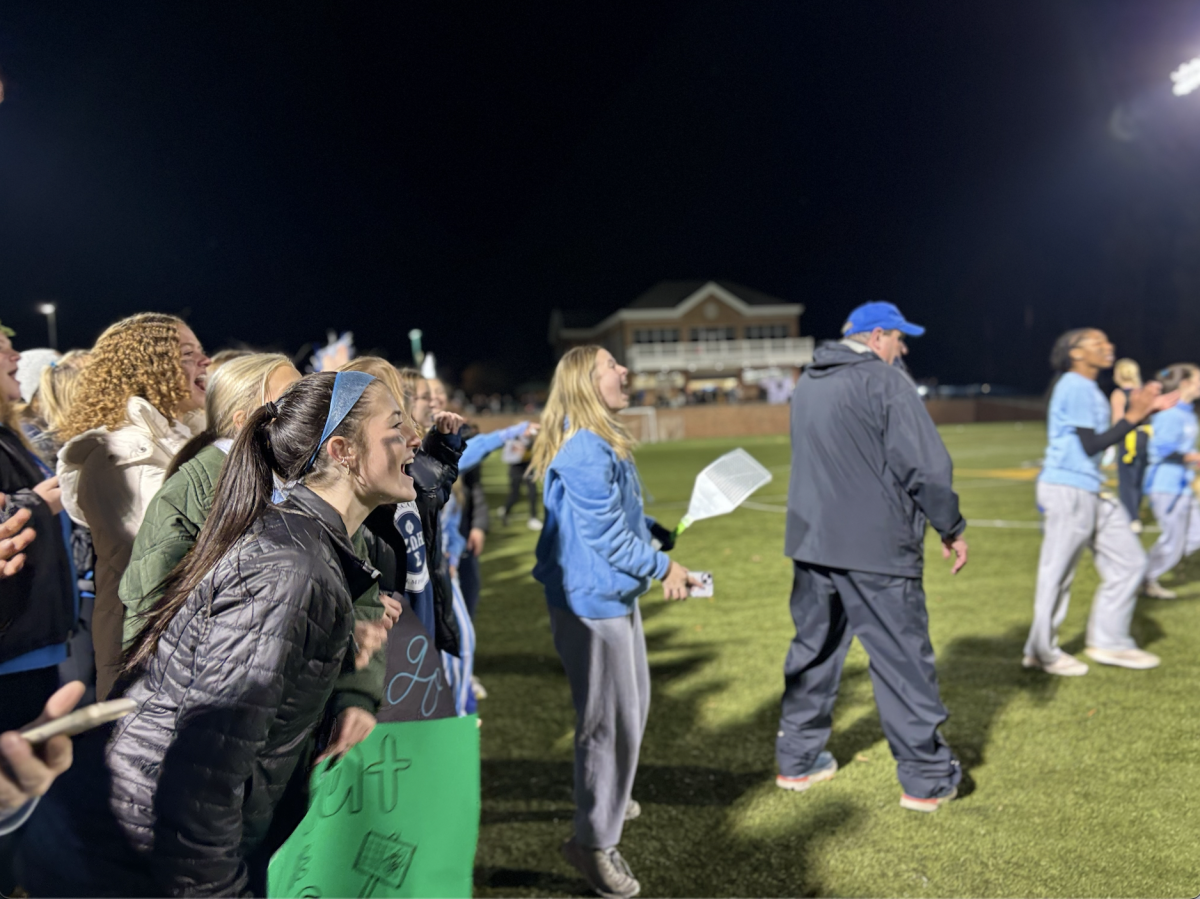
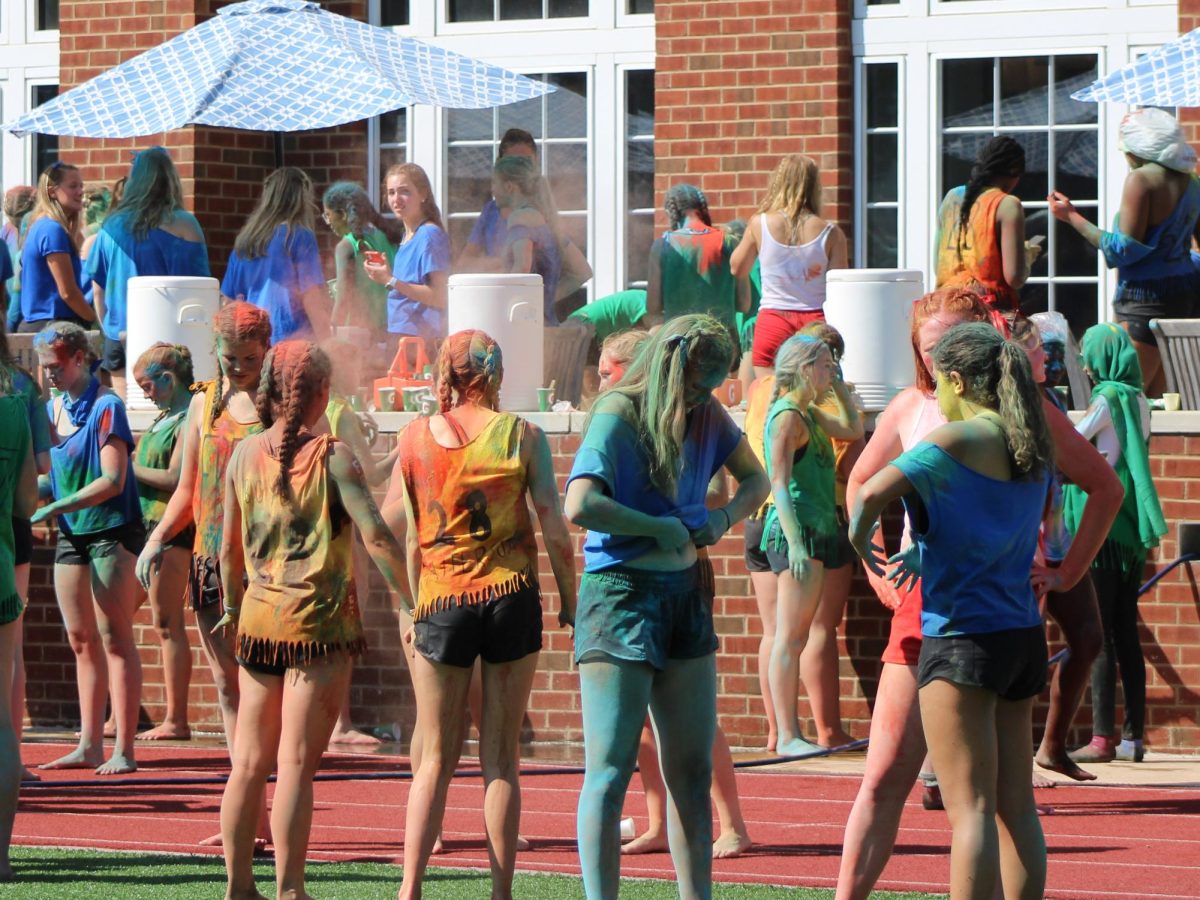
![[GALLERY] Walking in (Downtown) Memphis](https://stmarystatler.org/wp-content/uploads/2024/04/E1DAD3FE-E2CE-486F-8D1D-33D687B1613F_1_105_c.jpeg)
